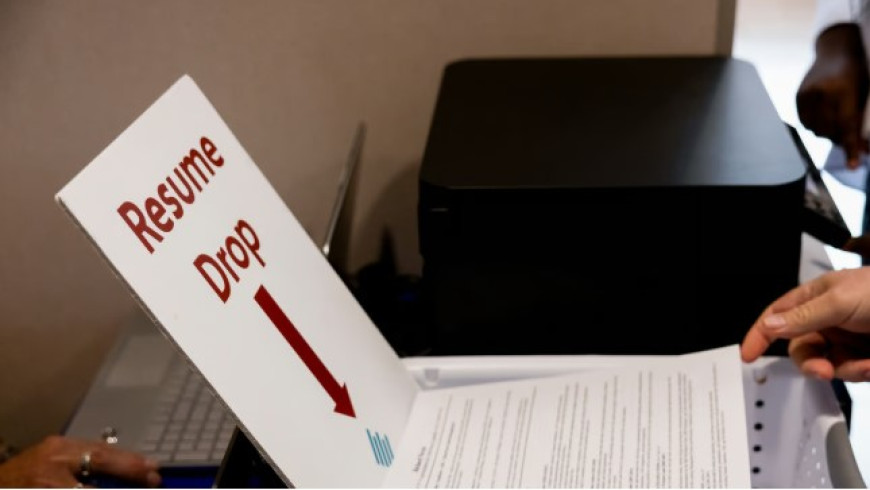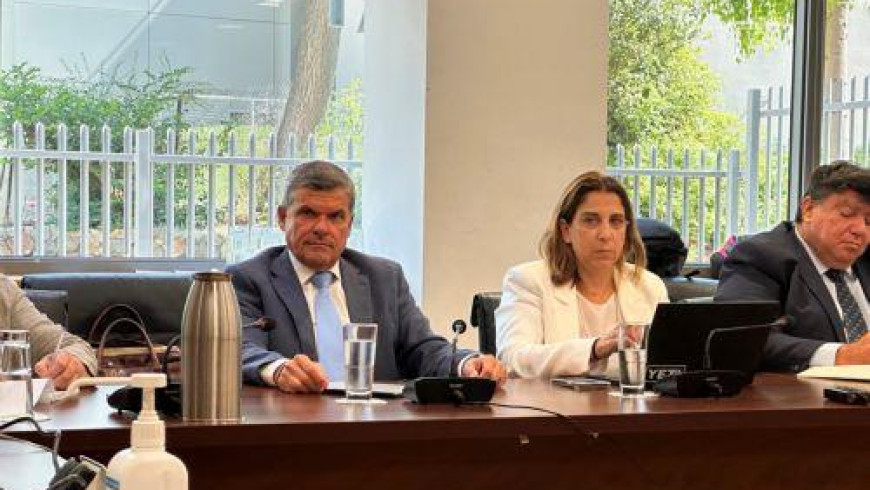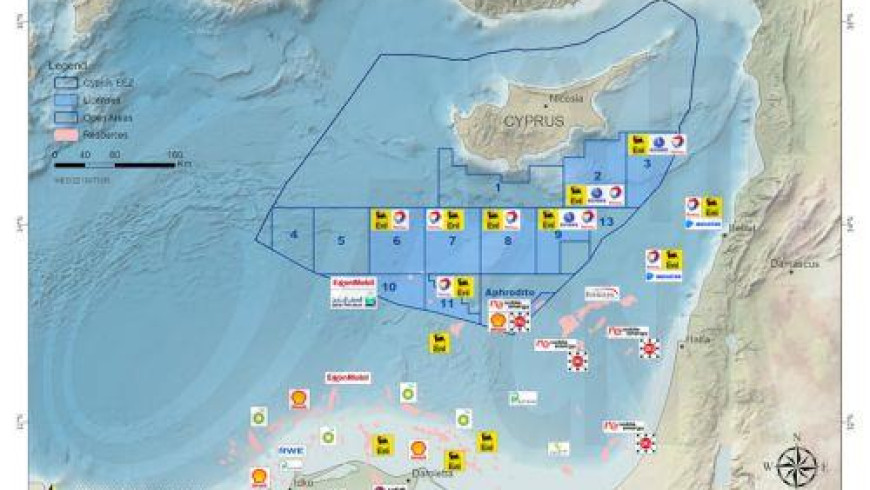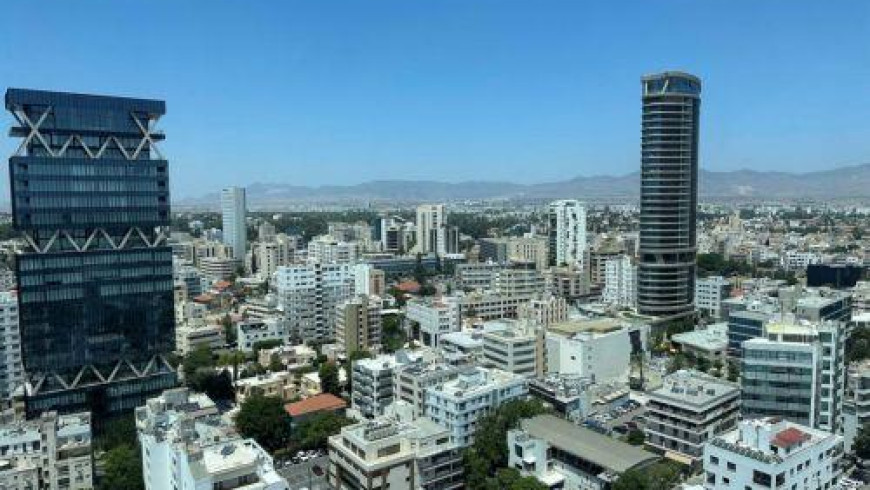
DaimlerChrysler AG is pulling the plug on its stake in Mitsubishi Motors, leaving the German-U.S. company's bid to become a global car maker in disarray and casting doubt over the Japanese firm's future.
DaimlerChrysler said late on Thursday it would not inject new funds into a proposed capital increase and rescue plan for Mitsubishi Motors Corp after it failed to reach an acceptable deal with other shareholders in the Mitsubishi group.
"We couldn't find a solution that satisfies our own shareholders," DaimlerChrysler Chief Financial Officer Manfred Gentz told reporters on Friday.
Though DaimlerChrysler is ending financial support for Mitsubishi Motors and may reclassify its 37 percent stake as available for sale, Gentz said the German firm had not yet decided to seek a buyer for its stake.
Gentz said he saw no reason for an immediate write-off of the stake but could not specify the decision's impact on 2004 results. He said the U.S. Chrysler unit would continue to cooperate with Mitsubishi on new vehicles and car production.
"As far as our Asian strategy is concerned, we have to reconsider what has to be changed and what cannot be," he added.
DaimlerChrysler shares shot higher as investors expressed relief at what appeared to be the end of its costly entanglement with the struggling Japanese carmaker. They were trading up 7.8 percent at 38.66 by 6:12 a.m. EDT, and several brokers upgraded the shares to "buy."
"It looks like some members of the management or supervisory board eventually decided to stop throwing good money after bad," said Heino Ruland, auto analyst at Frankfurt brokerage firm Steubing AG.
The decision came at an extraordinary meeting of DaimlerChrysler's supervisory and management boards on Thursday, just two weeks after Chief Executive Juergen Schrempp defended his global strategy in front of angry shareholders.
Schrempp, who has presided over the loss of some 37 billion euros ($44 billion) in market capitalization since Daimler merged with Chrysler in 1998, engineered the purchase of the Mitsubishi Motors stake in 2000.
DaimlerChrysler sources downplayed suggestions of a boardroom rebellion against Schrempp, saying he was the one who initiated the decision to abandon Mitsubishi Motors after failing to get enough bailout support from Mitsubishi Motors' Japanese shareholders.
CAPITAL NEEDED
The news took the three main Mitsubishi group firms -- Mitsubishi Corp, Mitsubishi Heavy Industries and Bank of Tokyo-Mitsubishi -- by surprise but they vowed to continue their support of Mitsubishi Motors, the main flagbearer of the group's 120-year-old three-diamond logo.
"They may be able to scrape together enough aid money to see Mitsubishi Motors through the next year or two, but the auto maker will need more capital from outside," said Tatsuo Yoshida, a Tokyo-based auto analyst at Deutsche Securities.
"It would be very difficult for Mitsubishi Motors to survive on its own."
Anticipation of the aid had lifted Mitsubishi Motors' shares by 34 percent this month. The shares were suspended for much of the day, and met a glut of sell orders when the suspension was lifted. They ended down by the limit of 25 percent at 241 yen.
Ratings agency Standard and Poor's added to Mitsubishi Motors' woes, slashing its long-term credit rating by three notches to CCC-, or three notches above default status.
Mitsubishi Motors said it was evaluating the situation and that Chief Executive Rolf Eckrodt was meeting top officials of the auto maker's main shareholders.
Mitsubishi, Japan's fourth-largest car maker, had been widely expected to seek shareholder approval on April 30 for a 700 billion yen ($6.4 billion) bail-out.
Sources and media reports had said DaimlerChrysler would fund more than half of that, with plans to consolidate the Japanese company into its books within a few years. Mitsubishi group firms were expected to provide more than 100 billion yen.
EASY LOANS
Reeling from losses on a sales campaign in which it offered easy credit to U.S. car buyers, the maker of the Pajero sport utility vehicle is expecting a net loss of 72 billion yen for the 12 months to March 31. It had a profit of 37.36 billion yen the previous year.
Its net automotive debt stood at 726 billion yen six months ago, while total interest-bearing debt was 1.141 trillion yen.
"This could be the end for Mitsubishi if nobody else injects fresh capital," one industry source said.
Japanese government officials also expressed concern.
DaimlerChrysler bought the stake in Mitsubishi for 405 yen a share in 2000 with a view to expanding in Asia, and the decision to cut its losses will intensify pressure on Schrempp, who faced calls to resign at the annual shareholders' meeting on April 7.
Shares of Mitsubishi Heavy, Japan's largest heavy machinery manufacturer, trading house Mitsubishi Corp and Mitsubishi Tokyo Financial Group, which own a combined 23 percent of the auto maker, all sank.
For chronology of DaimlerChrysler and Mitsubishi Motors' alliance, see factbox (Additional reporting by Mark Thompson and Jan Dahinten in Frankfurt, David Crossland in Berlin, Tom Brown in Detroit)
DaimlerChrysler said late on Thursday it would not inject new funds into a proposed capital increase and rescue plan for Mitsubishi Motors Corp after it failed to reach an acceptable deal with other shareholders in the Mitsubishi group.
"We couldn't find a solution that satisfies our own shareholders," DaimlerChrysler Chief Financial Officer Manfred Gentz told reporters on Friday.
Though DaimlerChrysler is ending financial support for Mitsubishi Motors and may reclassify its 37 percent stake as available for sale, Gentz said the German firm had not yet decided to seek a buyer for its stake.
Gentz said he saw no reason for an immediate write-off of the stake but could not specify the decision's impact on 2004 results. He said the U.S. Chrysler unit would continue to cooperate with Mitsubishi on new vehicles and car production.
"As far as our Asian strategy is concerned, we have to reconsider what has to be changed and what cannot be," he added.
DaimlerChrysler shares shot higher as investors expressed relief at what appeared to be the end of its costly entanglement with the struggling Japanese carmaker. They were trading up 7.8 percent at 38.66 by 6:12 a.m. EDT, and several brokers upgraded the shares to "buy."
"It looks like some members of the management or supervisory board eventually decided to stop throwing good money after bad," said Heino Ruland, auto analyst at Frankfurt brokerage firm Steubing AG.
The decision came at an extraordinary meeting of DaimlerChrysler's supervisory and management boards on Thursday, just two weeks after Chief Executive Juergen Schrempp defended his global strategy in front of angry shareholders.
Schrempp, who has presided over the loss of some 37 billion euros ($44 billion) in market capitalization since Daimler merged with Chrysler in 1998, engineered the purchase of the Mitsubishi Motors stake in 2000.
DaimlerChrysler sources downplayed suggestions of a boardroom rebellion against Schrempp, saying he was the one who initiated the decision to abandon Mitsubishi Motors after failing to get enough bailout support from Mitsubishi Motors' Japanese shareholders.
CAPITAL NEEDED
The news took the three main Mitsubishi group firms -- Mitsubishi Corp, Mitsubishi Heavy Industries and Bank of Tokyo-Mitsubishi -- by surprise but they vowed to continue their support of Mitsubishi Motors, the main flagbearer of the group's 120-year-old three-diamond logo.
"They may be able to scrape together enough aid money to see Mitsubishi Motors through the next year or two, but the auto maker will need more capital from outside," said Tatsuo Yoshida, a Tokyo-based auto analyst at Deutsche Securities.
"It would be very difficult for Mitsubishi Motors to survive on its own."
Anticipation of the aid had lifted Mitsubishi Motors' shares by 34 percent this month. The shares were suspended for much of the day, and met a glut of sell orders when the suspension was lifted. They ended down by the limit of 25 percent at 241 yen.
Ratings agency Standard and Poor's added to Mitsubishi Motors' woes, slashing its long-term credit rating by three notches to CCC-, or three notches above default status.
Mitsubishi Motors said it was evaluating the situation and that Chief Executive Rolf Eckrodt was meeting top officials of the auto maker's main shareholders.
Mitsubishi, Japan's fourth-largest car maker, had been widely expected to seek shareholder approval on April 30 for a 700 billion yen ($6.4 billion) bail-out.
Sources and media reports had said DaimlerChrysler would fund more than half of that, with plans to consolidate the Japanese company into its books within a few years. Mitsubishi group firms were expected to provide more than 100 billion yen.
EASY LOANS
Reeling from losses on a sales campaign in which it offered easy credit to U.S. car buyers, the maker of the Pajero sport utility vehicle is expecting a net loss of 72 billion yen for the 12 months to March 31. It had a profit of 37.36 billion yen the previous year.
Its net automotive debt stood at 726 billion yen six months ago, while total interest-bearing debt was 1.141 trillion yen.
"This could be the end for Mitsubishi if nobody else injects fresh capital," one industry source said.
Japanese government officials also expressed concern.
DaimlerChrysler bought the stake in Mitsubishi for 405 yen a share in 2000 with a view to expanding in Asia, and the decision to cut its losses will intensify pressure on Schrempp, who faced calls to resign at the annual shareholders' meeting on April 7.
Shares of Mitsubishi Heavy, Japan's largest heavy machinery manufacturer, trading house Mitsubishi Corp and Mitsubishi Tokyo Financial Group, which own a combined 23 percent of the auto maker, all sank.
For chronology of DaimlerChrysler and Mitsubishi Motors' alliance, see factbox (Additional reporting by Mark Thompson and Jan Dahinten in Frankfurt, David Crossland in Berlin, Tom Brown in Detroit)














 3287.99
3287.99 1275.09
1275.09